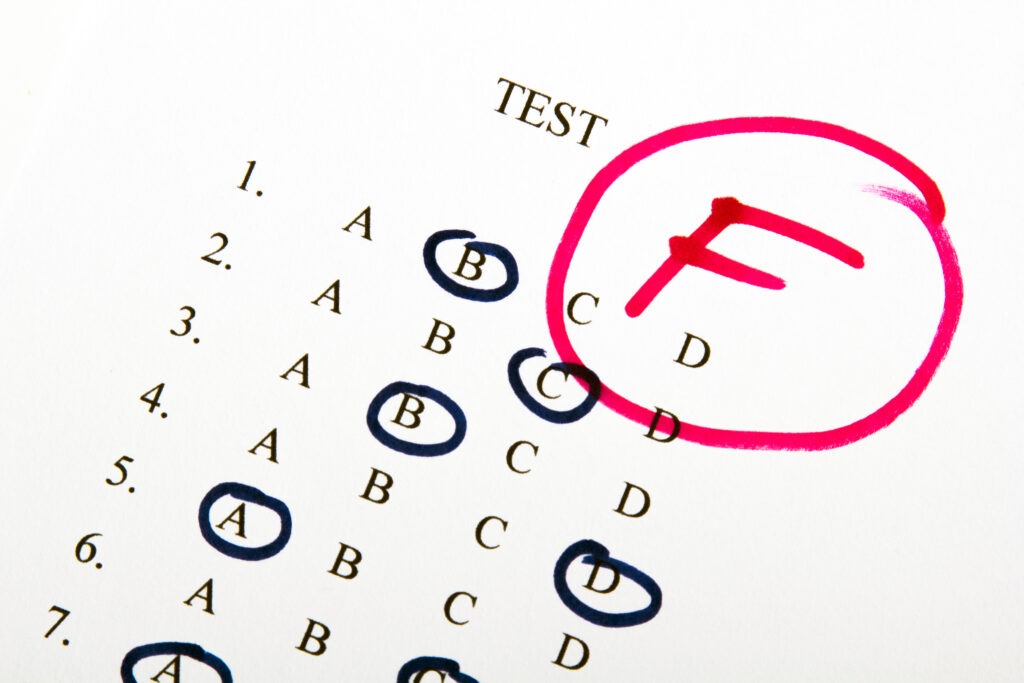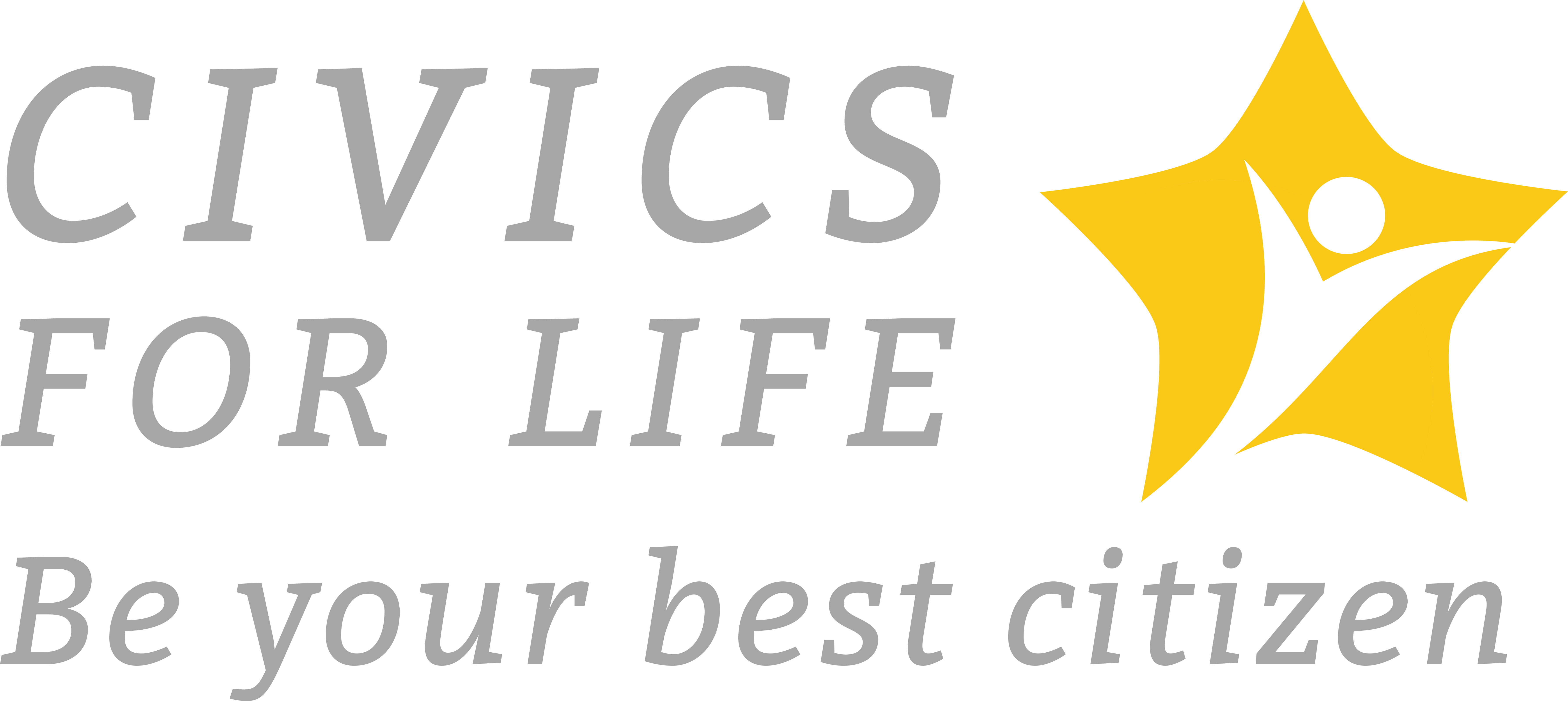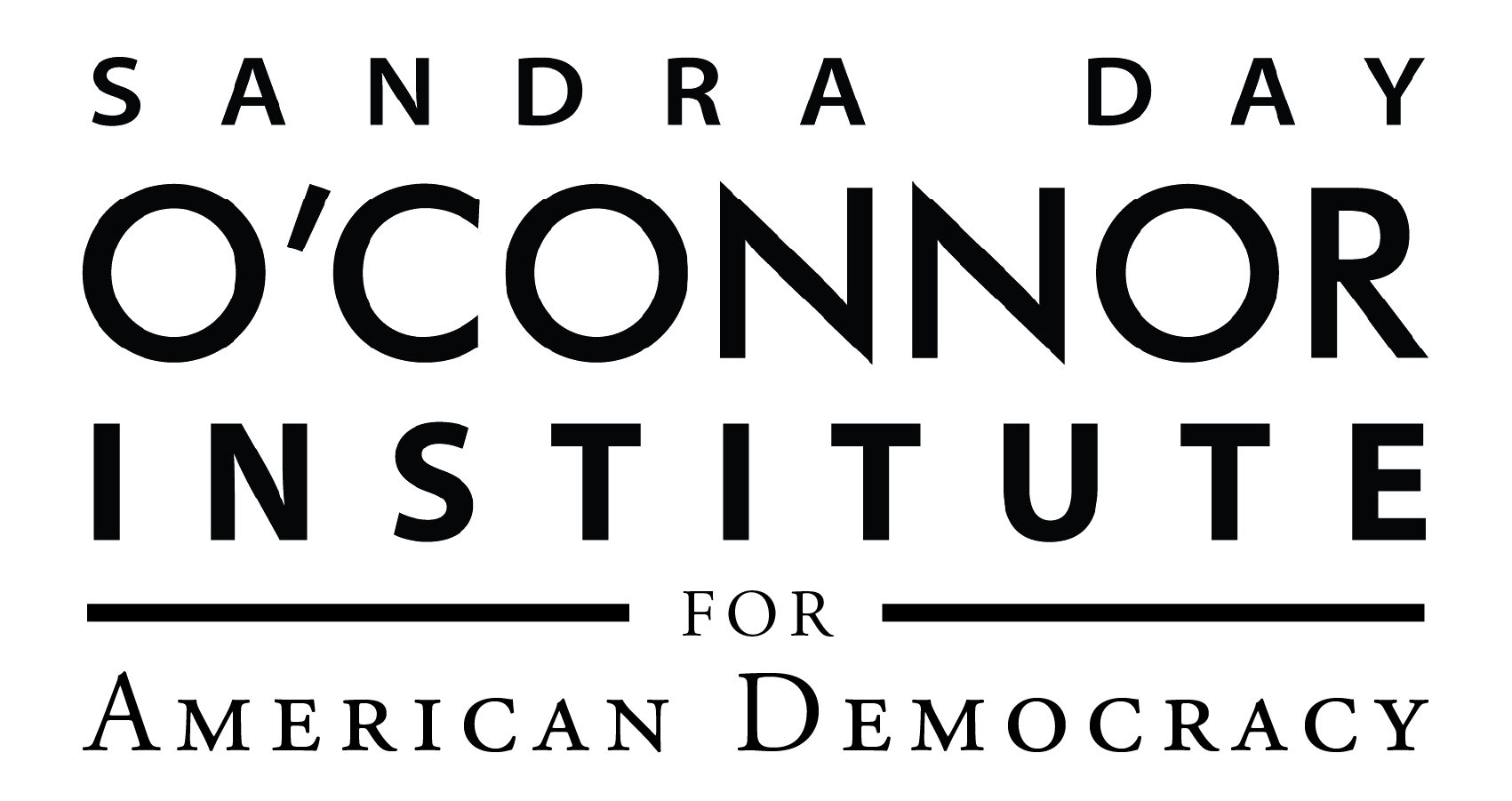Why Civics? Why Now?
American civil society is currently vulnerable. This is not a unique opinion.
In a recent NBC News poll, 58 percent of respondents said the United States’ best years were behind it (just 35 percent said the best is yet to come). And when the same poll asked respondents what the most important issue facing the country is, the most popular answer by a significant margin was “threats to democracy.”

Yet even in this susceptible moment, America is not educating its young people about civics. The United States spends 1,000 times more per student on science, technology, engineering, and math (STEM) education than on history and civics education, according to the Center for Civic Literacy at Indiana University.
So perhaps the answer to our titular question Why Civics, Why Now? is surpassingly self-evident.
Yet civics is important not only when the beams of society are stressed. Civics is public life it is the nature of membership in a society. What are one’s duties to society, one’s rights within it? These are questions of timeless concern.
The ancient Greeks saw their city-states, the polis, as educational communities. Individual membership in these communities was understood to involve a lifelong process of self-improvement—intellectual, physical, and moral. This Paideia (public education) was undertaken in pursuit of arete (excellence), and it was believed that only through such pursuit of personal excellence were citizens able to fulfill their civic role. As individuals developed their virtue, it was thought, the polis would itself become more virtuous.
That virtuous citizens are necessary for virtuous government and well-functioning society is a powerful notion, one which reappears throughout history, from Aristotle to Hannah Arendt. It was Enlightenment thinkers like the Founding Fathers who first took seriously the trouble of predicating successful government on virtuous citizens; James Madison, for example, counseled that governments should be designed for a population of moderate virtue. So the Founding Fathers designed a ruling structure that would allow for the flourishing of individual virtue while also guarding against mankind’s durable vices. America’s ingenious system of checks and balances is, of course, a way to stymie the human thirst for power.

Checks and balances aside, a government cannot operate separately from its citizens. To what degree do citizens participate in public life? Do citizens come together to solve collective-action problems? Whether and how a society functions depends on the answers to such questions.
And here, it must be said, the information from our country is not particularly promising. America’s networks of “social capital”—that is, the value inherent in social networks—have been coming undone. The political scientist Robert Putnam has described strong social-capital webs as crucial to well-functioning democracies. Insofar as we’re able to measure such strength—especially of connections that bind people to others who are unlike them—the sad fact is that America’s webs have been fraying for some time.
How do we mend these lattices and strengthen our connections to fellow citizens? What does it mean to be a good citizen, and who decides? What is the relationship between good governments and good citizens? How should we educate people, including ourselves, for civic virtue?

Civics for Life intends to ask these questions and many others. We will consider civics in its broadest, richest sense. We come to the task with certain convictions. We believe that a society in which citizens are civically educated and engaged, and one in which discourse is civil and productive, offers the best hope for its citizens flourishing and happiness.


